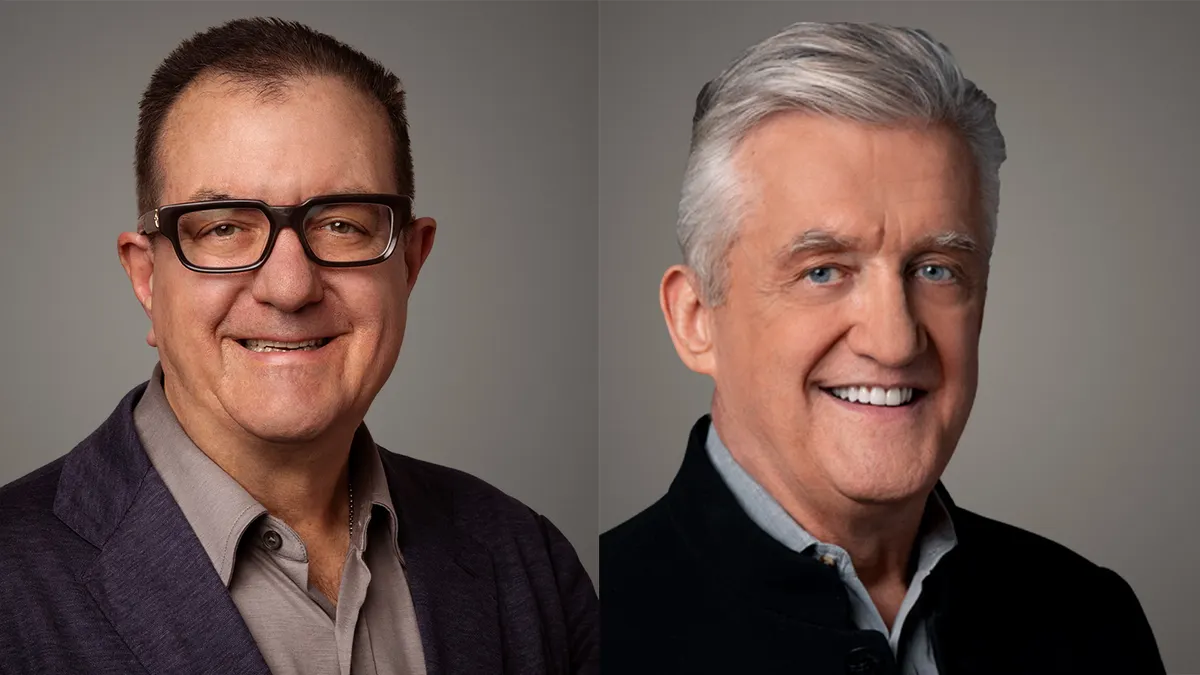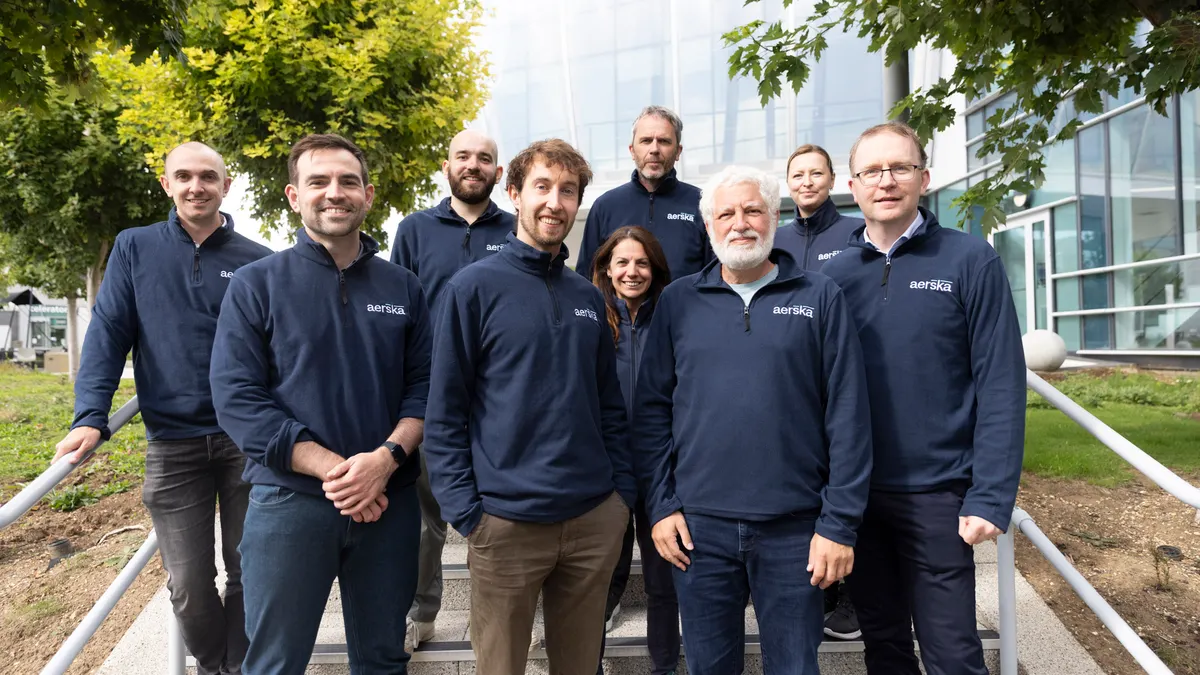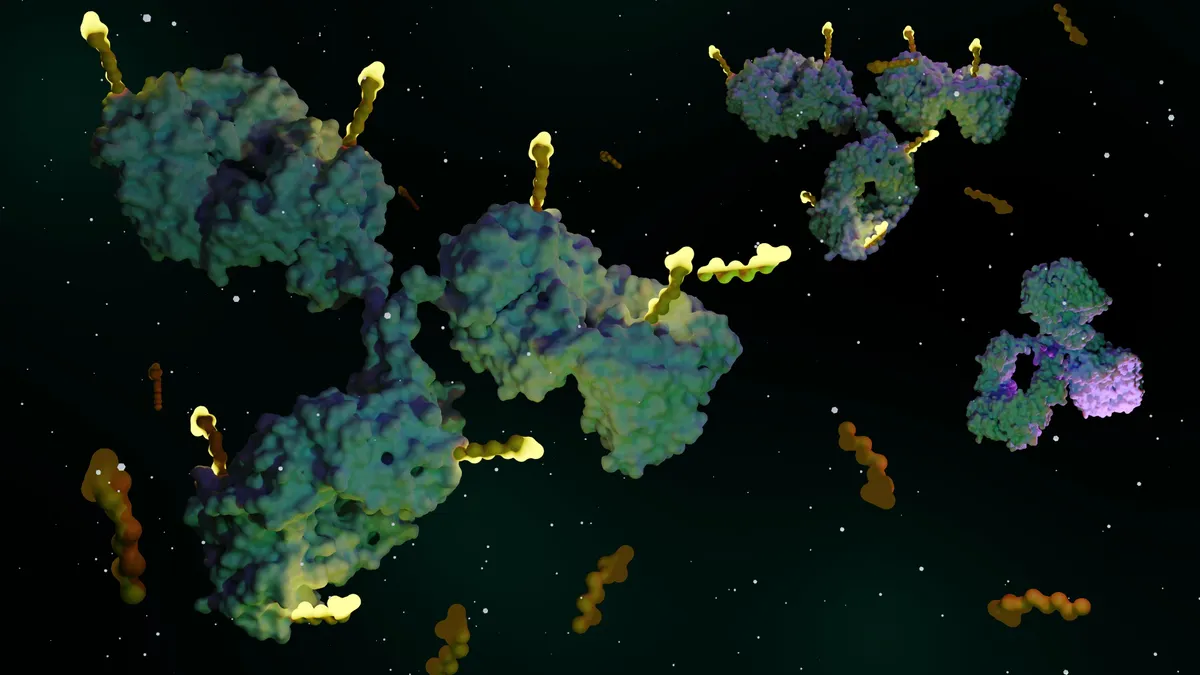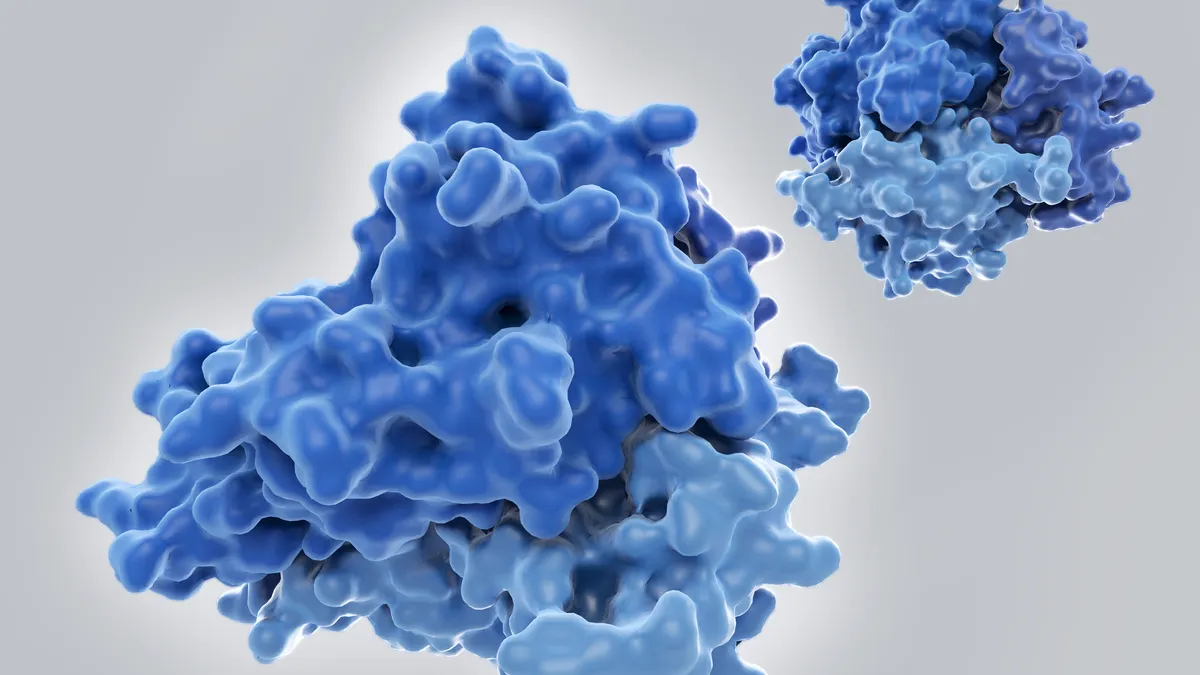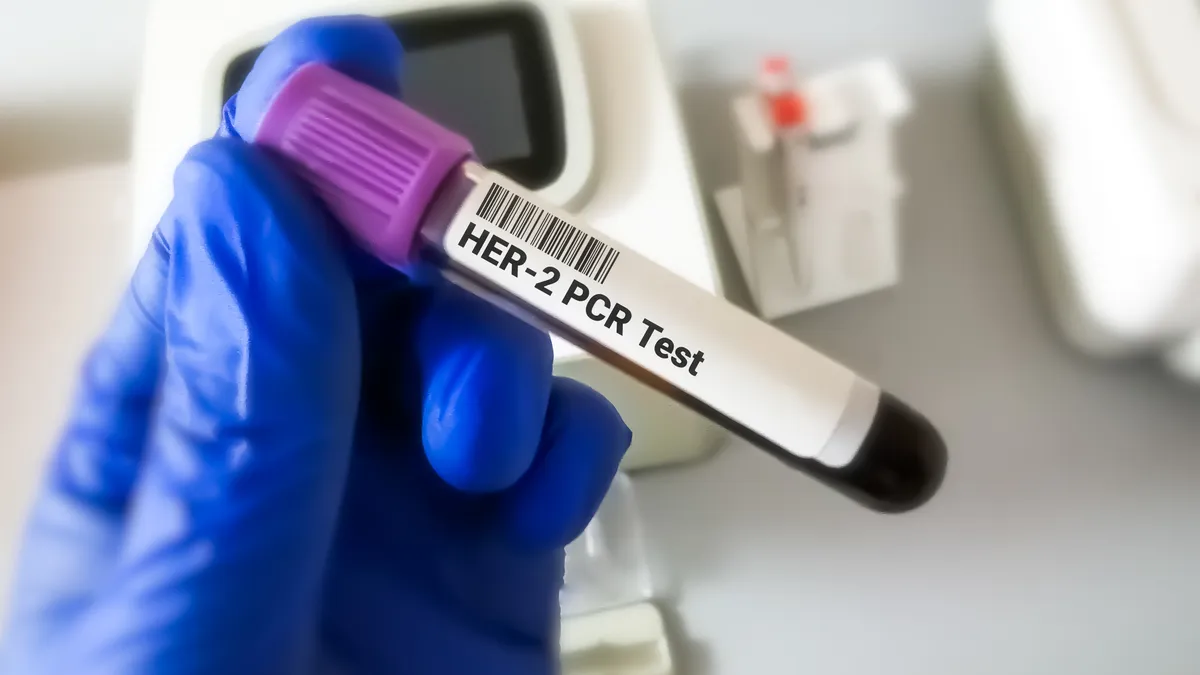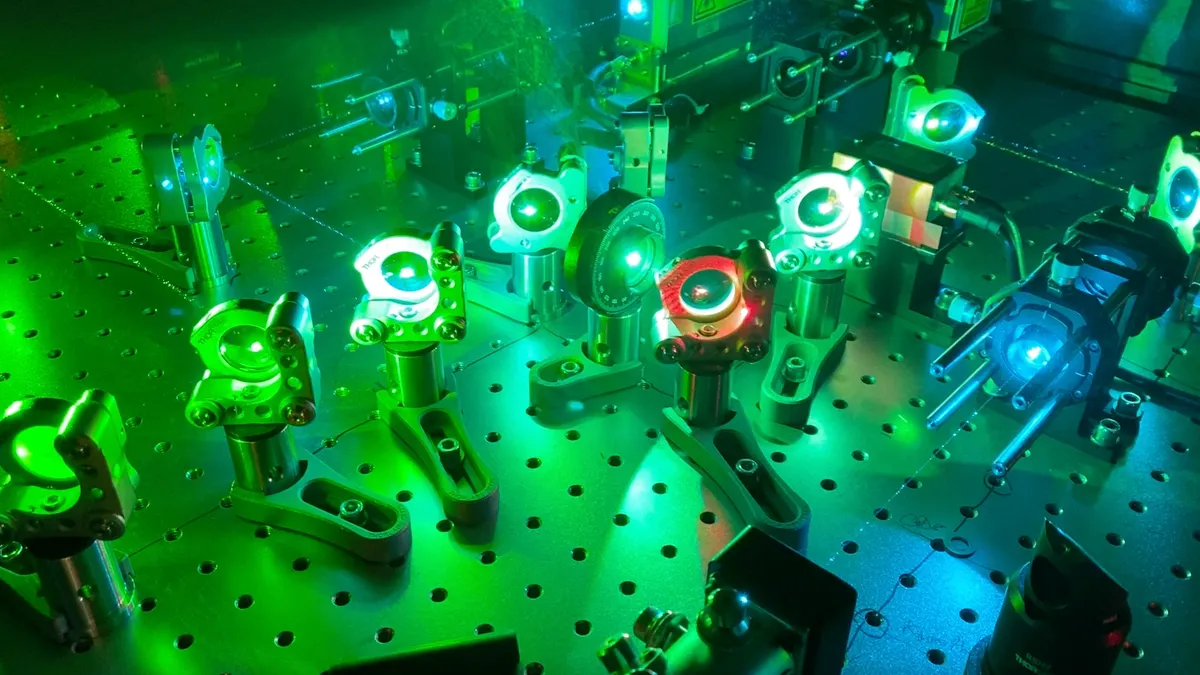Excellergy, a San Francisco Bay Area biotechnology company developing treatments for allergic conditions, said Monday it raised $70 million to finance its drug research.
Excellergy is developing medicines that are designed to combat and control allergic responses in multiple ways. These “trifunctional” effector cell response inhibitors, as they’re called, neutralize and remove an antibody implicated in allergic reactions, while lowering expression of an immune cell receptor known to bind to that antibody. They’re based on research emerging from Stanford University as well as the University of Bern.
The antibody target of these drugs is known as immunoglobulin E, or IgE, which can mistakenly react to substances that wouldn’t otherwise be harmful, such as food or pollen. When this occurs, IgE binds to cells and releases histamines that trigger allergic symptoms.
These IgE-mediated allergies can be treated with antihistamines as well as a biologic, Xolair, that works by preventing IgE from locking onto cell receptors. But some people don’t respond to those medications and, in Xolair’s case, those responses can take weeks to kick in.
Excellergy’s effector cell response inhibitors, or ECRIs, are different. Instead of only targeting the “free” IgE that isn’t attached to other molecules, like Xolair does, ECRIs can also dislodge IgE that’s already bound to receptors without causing an immune response, said Geoff Harris, Excellergy’s chief scientific officer. They also dial back expression of the immune cell receptor FceRI, producing a combination of effects the company claims can lead to faster and more complete allergy control.
“It's the holy grail of what people are trying to accomplish,” Harris said. “If you can turn off this access to the immune system, you can completely control a wide swath of different allergy-driven diseases.”
The company has not specified which diseases it’s pursuing first. It’ll start a Phase 1 trial next year and use those findings to inform its next steps. But food allergies and chronic skin hives, or urticarias, are among its top targets for Phase 2 studies. They “make the most sense initially to us,” CEO Todd Zavodnick said.
Urticarias, in particular, have become a popular target for drugmakers. Large companies such as Novartis and partner Sanofi and Regeneron, as well as smaller biotechs such as Evommune and Celldex Therapeutics, have either already brought drugs to market or are working on new ones. But Excellergy believes its treatments have the potential to do what others can’t.
“A lot of patients are being undertreated or not treated in this space, so we believe this market to be massive,” said Zavodnick.
Red Tree Venture Capital, which seeded and helped launch the company in 2021, participated in the financing, as did Samsara BioCapital and Decheng Capital.
“By leveraging well-understood IgE biology in a novel way, the company is both differentiated and advancing innovation from a pathway that clinicians and scientists already trust,” Heath Lukatch, a managing partner at Red Tree, said in a statement.
The investment firms tracked by BioPharma Dive have pumped more than $1 billion into private companies working in immunology this year, the most of any therapeutic area.










